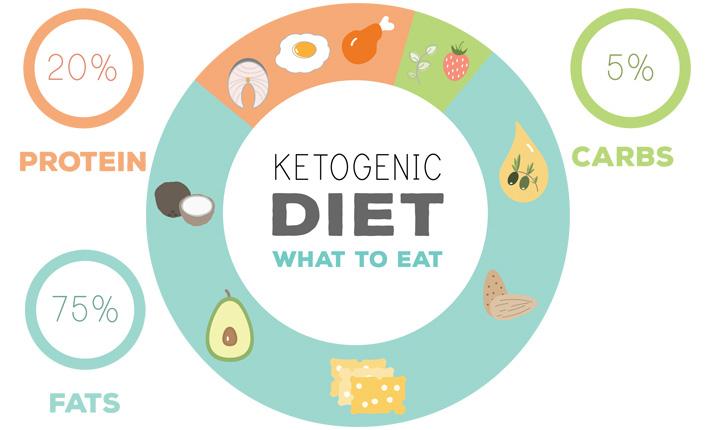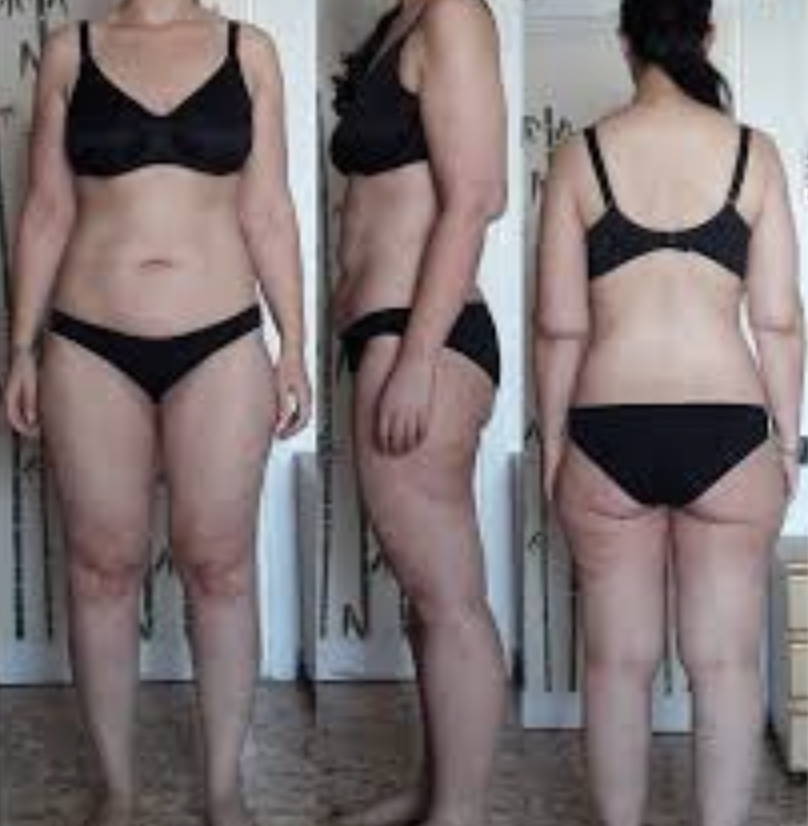Many women living with Lipedema, like me, are constantly seeking effective ways to manage their Lipedema symptoms and improve their quality of life. Recently, the ketogenic (keto) diet has sparked debate as a potential dietary approach for women with Lipedema. Let’s explore the relationship between Lipedema and keto diet, taking into consideration its potential benefits.
Understanding Lipedema
Lipedema is a chronic condition characterised by the abnormal accumulation of fat cells in the legs, arms and some women believe Lipedema can present itself in the stomach. Lipedema fat is different to regular body fat; it’s often painful, can bruise easily and Lipedema does not respond well to traditional weight loss methods. Because of these challenges, women affected with Lipedema often look for alternative management strategies, including dietary changes. But does a one size fits all approach to diet work with Lipedema?
What is the Keto Diet?
The keto diet is a high-fat, low-carbohydrate diet that has been used for decades to manage certain medical conditions, such as epilepsy. The diet involves drastically reducing carbohydrate intake and replacing it with fat, causing the body to enter a state of ketosis. In ketosis, the body becomes incredibly efficient at burning fat for energy, often leading to weight loss and increased energy.

Potential Benefits of the Keto Diet for Lipedema
- Reduced Inflammation: One of the hallmarks of the keto diet is its potential to reduce systemic inflammation. Since Lipedema can be exacerbated by inflammation, the keto diet might help alleviate some symptoms.
- Improved Insulin Sensitivity: The keto diet can help regulate insulin levels, which is beneficial since insulin resistance is often seen in women with Lipedema. Improved insulin sensitivity can help in managing fat accumulation and distribution.
- Weight Management: While traditional dieting methods may not reduce Lipedema fat directly, the keto diet might help individuals lose non-Lipedema fat, potentially reducing the overall burden on the lymphatic and circulatory systems.
Considerations Before Starting the Keto Diet
- Nutritional Deficiencies: Due to the restrictive nature of the keto diet, there’s a risk of nutritional deficiencies if not properly managed. It’s vital to ensure adequate intake of nutrients, perhaps with the help of a nutritionist.
- Impact on Lymphatic System: Rapid weight loss can sometimes cause unnecessary stress on the lymphatic system, therefore it’s important to monitor this in Lipedema sufferers.
- Sustainability and Lifestyle Fit: The keto diet can be challenging to maintain long-term. It’s crucial to consider whether this diet is a feasible long-term solution for your lifestyle.
- Medical Supervision: Given the complexities of Lipedema, any significant dietary changes should be made under the supervision of a Lipedema specialist.
Real Experiences
Some recent anecdotal evidence about the Ketogenic Diet as a nutritional therapeutic tool for Lipedema suggests that women with Lipedema who have followed the keto diet noticed improvements in swelling, Lipedema pain, and mobility. However, experiences vary and what works for one woman may not work for another.


Before and after images of a Lipedema sufferer following the keto diet as part of a study.
I personally follow some of the principles of the keto diet, such as including a range of healthy fats and protein in my meals. However, I do not follow it in its entirety because I enjoy eating a diverse range of fruits and vegetables which keto does not allow.
In my opinion, a blanket approach to nutrition for Lipedema is not suitable. We’re all at different stages, with unique symptoms. For example, stage 3 Lipedema sufferer will have very different needs to an early stage 1 Lipedema sufferer.
It’s important to find the food types that your body responds well to, the best way to do this is by process of elimination. Whether that’s the keto diet, mediterranean, vegan or an anti-inflammatory diet for Lipedema. As long as you are actively taking steps towards a healthy, balanced diet and reducing swelling, you’re on the right track.
So, is a Keto Diet Good for Lipedema?
The relationship between Lipedema and keto diet is an area of study ripe for further research. While recent studies suggest there could be benefits, these must be weighed against personal health needs and lifestyle choices.
If you’re considering the keto diet for managing your Lipedema symptoms, it’s vital to consult with healthcare providers who can guide you based on your medical history. Remember, managing Lipedema effectively often requires a multi-faceted approach tailored to your individual needs.
Which Lipedema diet plan do you find helps alleviate some of your Lipedema symptoms? Send me an email on
so****@li***********.com
and let me know.
Disclaimer: My blogs talk about Lipedema, diet, surgery and much more. I’m talking from my point of view to help women, and remind them they are not alone. I am not a medical professional, so the content above is from my own perspective with research I have done into the topic. It’s not meant as medical advice, you should always consult your doctor or a specialist for both your diagnosis, and a treatment plan.

